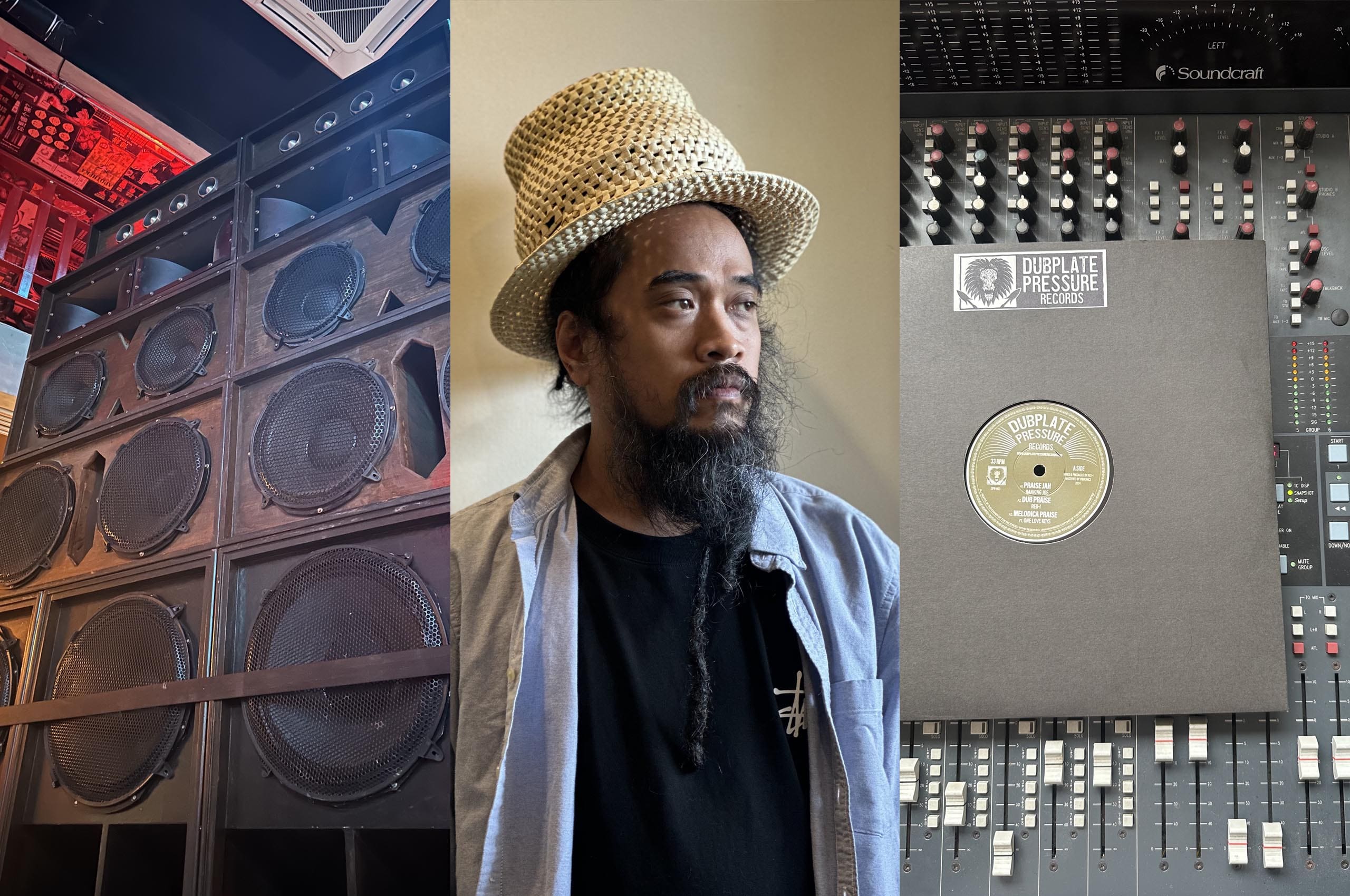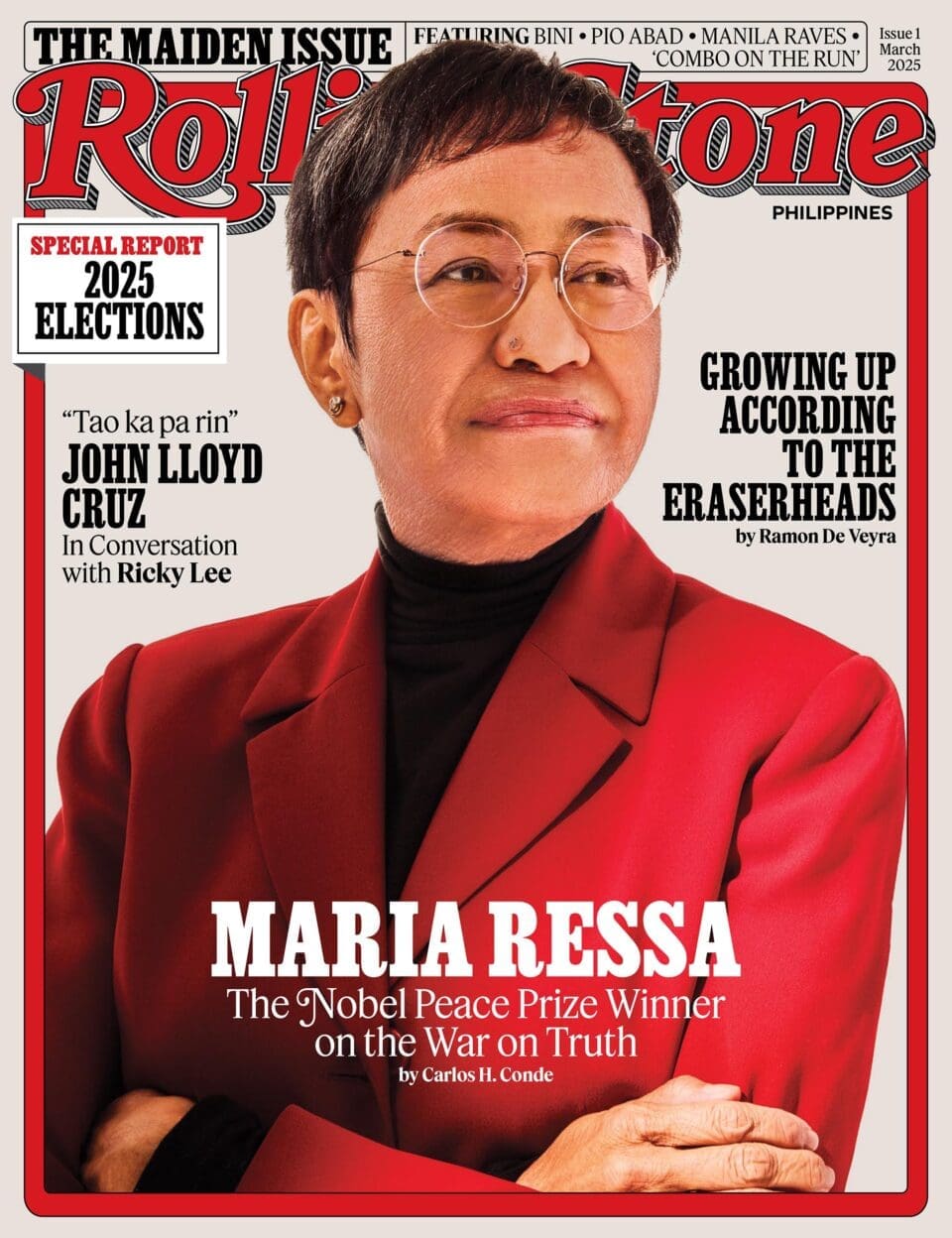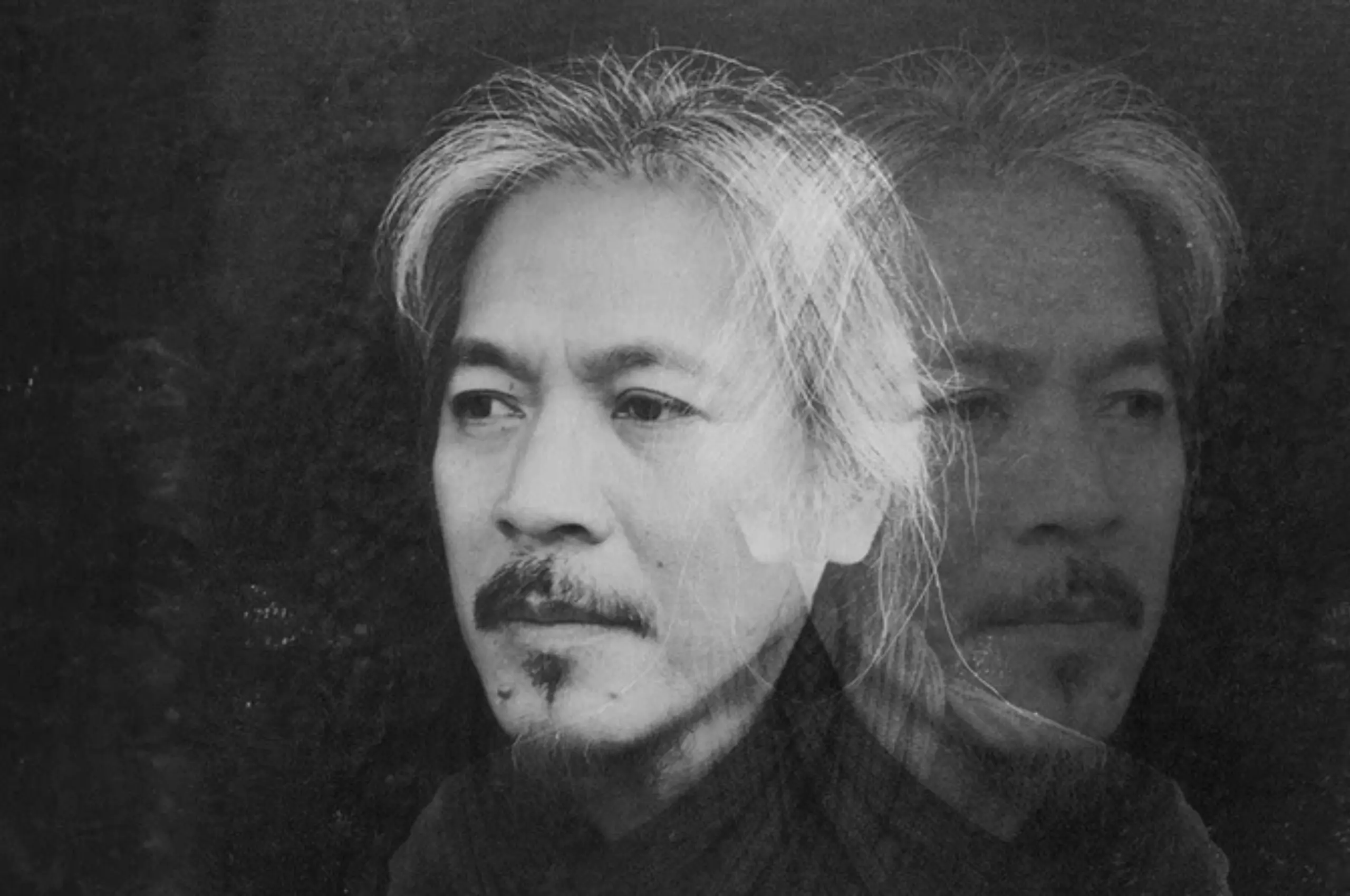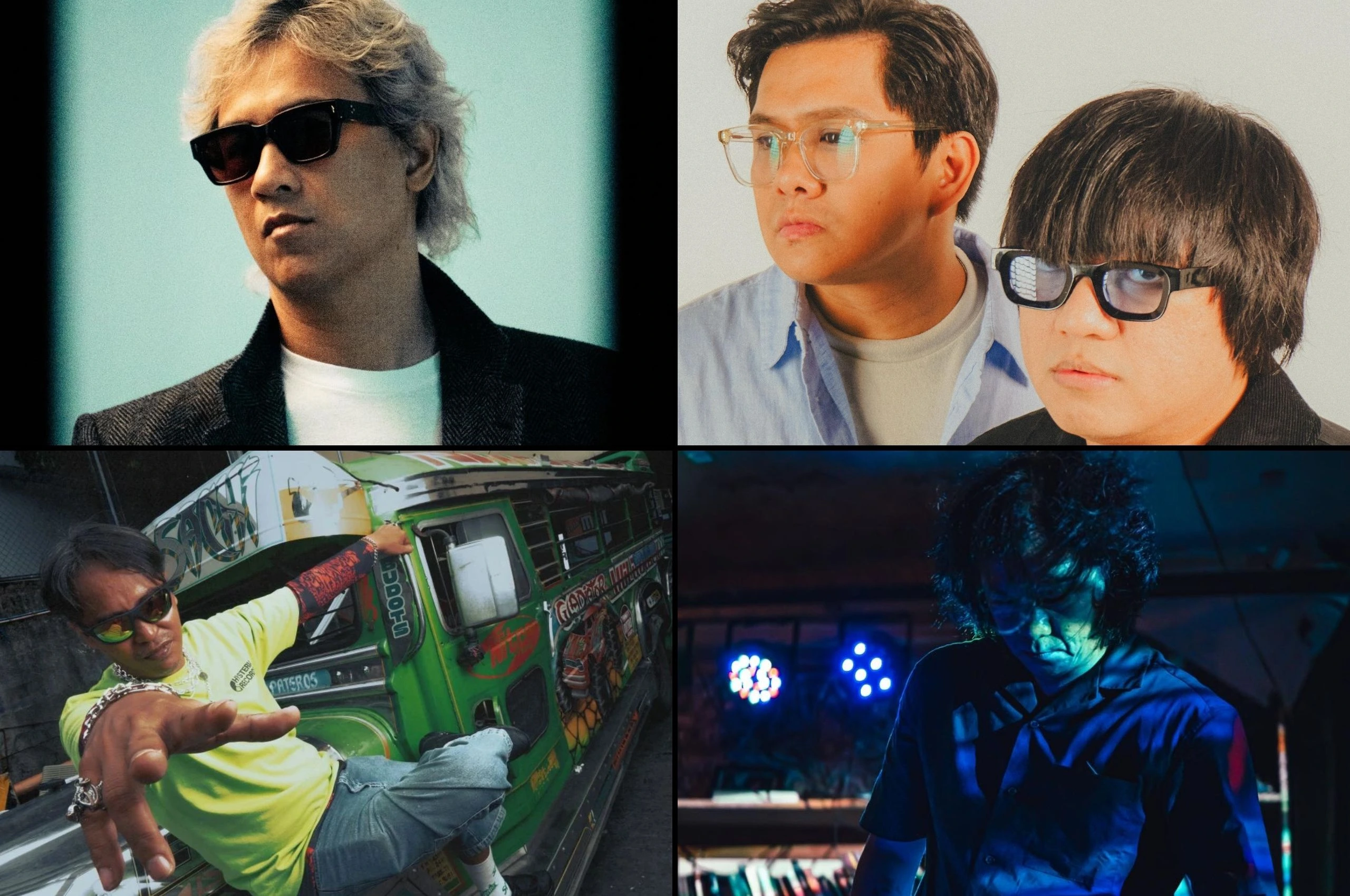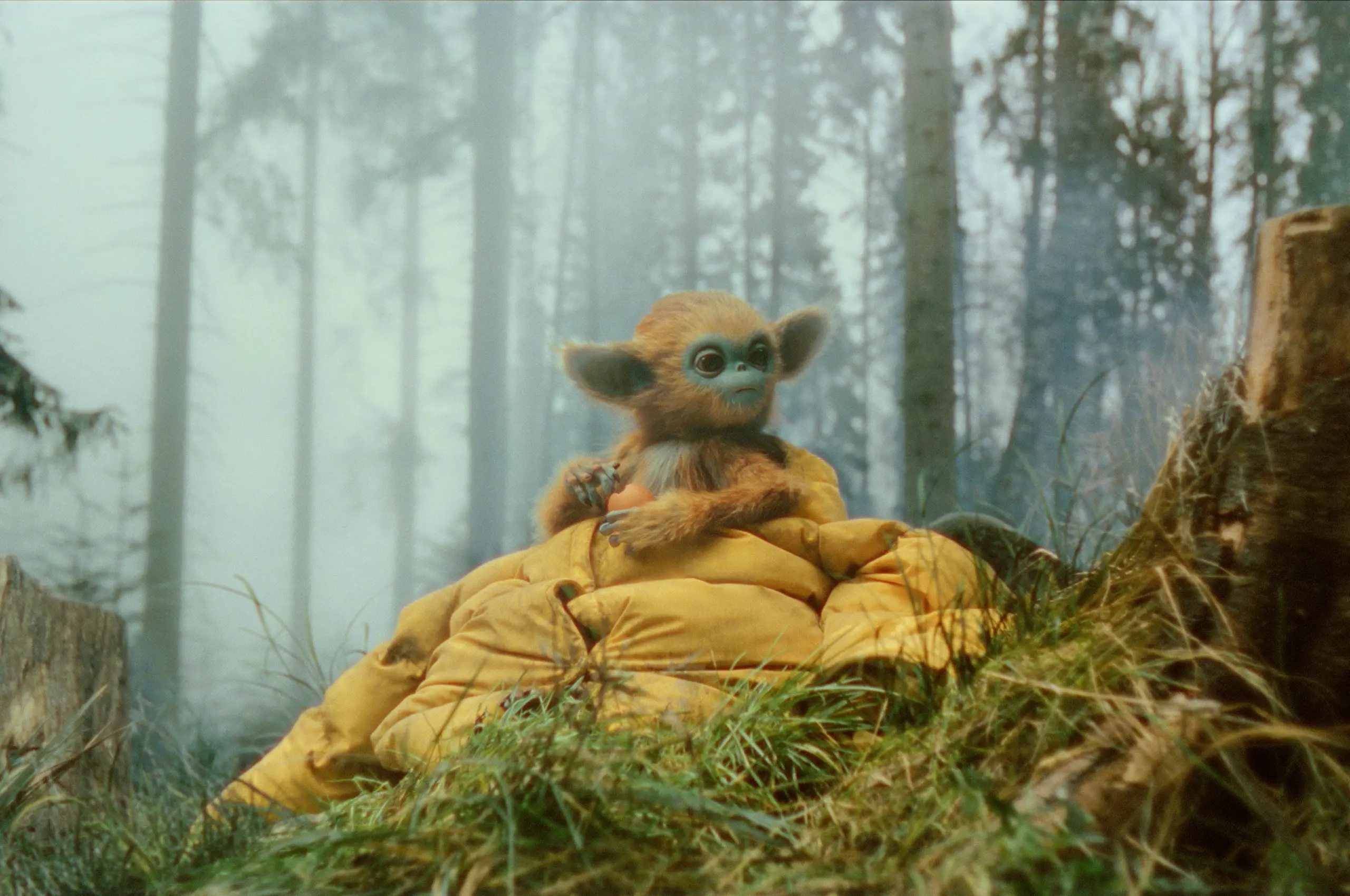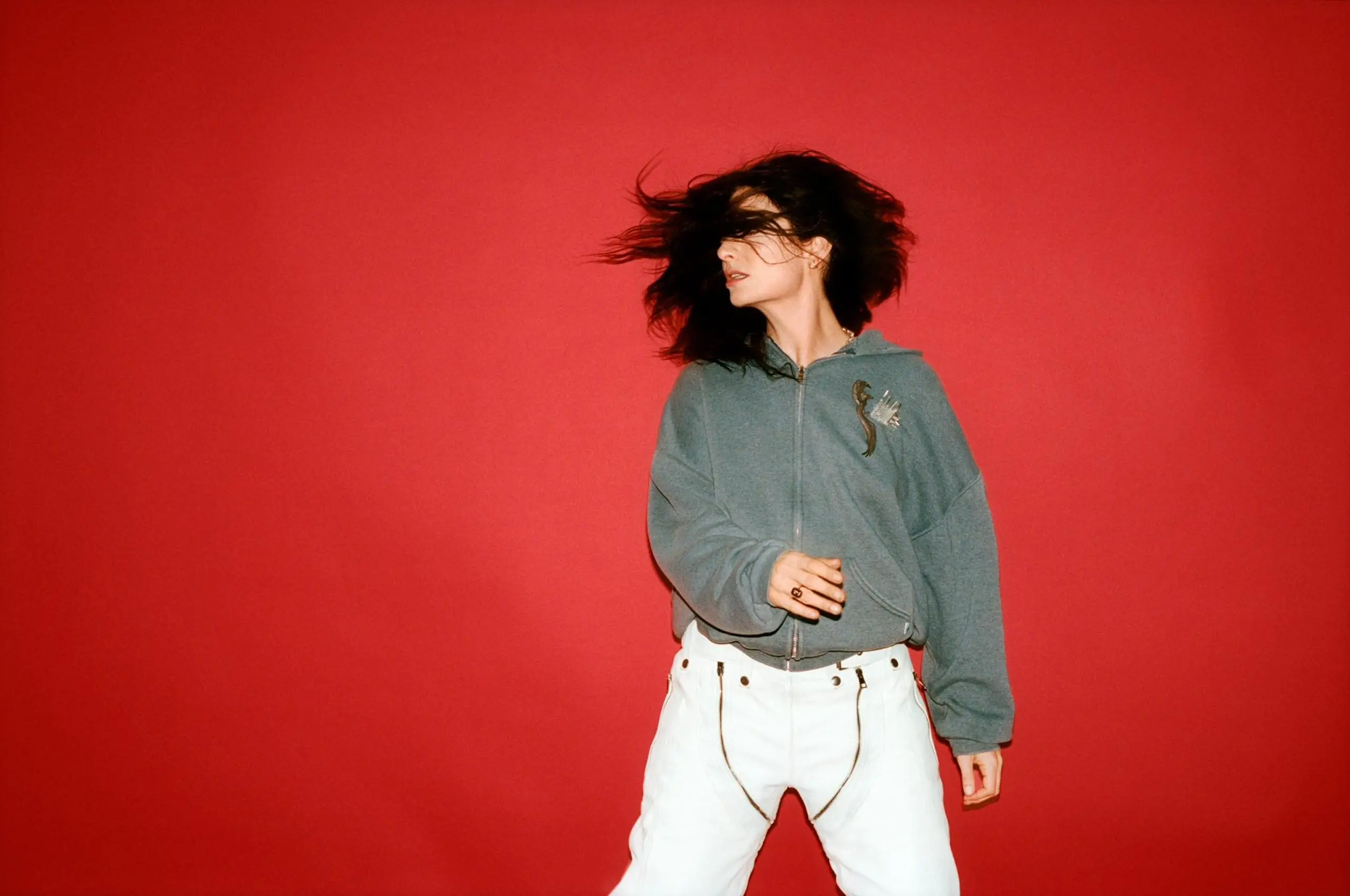Respected as a leading messenger of dub reggae in the Philippines, DJ and producer Red-i released his latest project, Praise Jah / Ready Now, with reggae artist Ranking Joe on February 6 — the birthday of Jamaican artist and revolutionary, Bob Marley. Red-i helped establish Manila’s nightlife institutions, Black Market and B-Side, which championed alternative music and communities from bass to rock and hip-hop.
In 2010, Red-i, alongside fellow artists Ras-Taro, Don P, and Soulsteppa, created Irie Sunday, a music event featuring Red-i’s custom sound system built especially for dub music. This lofty system with its five-way setup, connected to a customised pre-amplifier, creates an echo and reverb that thickens the air, rattling the body with its powerful, almost overwhelming bass. Irie Sunday helped pioneer the Philippines’ sound system culture where DJs can be billed alongside the country’s bands, which dominate the local scene. Today, it is largely recognized as one of Southeast Asia’s premier sound system parties.
“Reggae is conscious music that brings awareness to the people,” Red-i says. “To make dub, you really need to be in a meditative state of mind.” Influenced by Rastafarianism, a Jamaican movement that emphasizes livity (the Rastafari concept of a holistic way of life) and combats social strife, dub music — short for “double” or “overdubbed” — revolutionized a form of track manipulation that combines electronic music production techniques with the offbeat “skank” chords from preceding genres like the uptempo and rhythmically aggressive ska, the slower and bass-heavy genre of rocksteady, and reggae, which is even slower, deeper, and bassier than the two. “Reggae is the roots and foundation, while dub is the future,” Red-i says.
Dub reggae in the Philippines
As dub music echoed globally between the late ‘60s and early ‘70s, reggae only took root in the Philippines in the late ‘80s. Cebu City is considered the country’s central hub for reggae music, celebrating with an annual Bob Marley festival since 1989. Artists like Bobby Marabiles of the Cebuano reggae group Junior Kilat discovered the genre through cassettes from his university professor, inspiring his band to create some of the earliest Filipino dub recordings. Cocojam, widely recognized as the first reggae band in the Philippines, introduced the genre in cities like Manila, Baguio, and Boracay, even holding a seven-year residency in Puerto Galera. By the ‘90s, reggae had spread across the archipelago, with Filipino ska and rocksteady bands like Tropical Depression, Put3ska, and The Chongkeys offering their interpretations of the choppy skank rhythm.
The ‘90s also saw a passionate rave community in parties like Consortium, organized by DJ and label owner Toti Dalmacion. His label Terno Recordings has released music from Filipino artists like Up Dharma Down and Radioactive Sago Project. Beyond introducing electronic music genres like house and techno in the Philippines, Consortium helped foster a local DJ and soundsystem culture that, for Red-i, simultaneously laid the foundations for Filipino dub music.
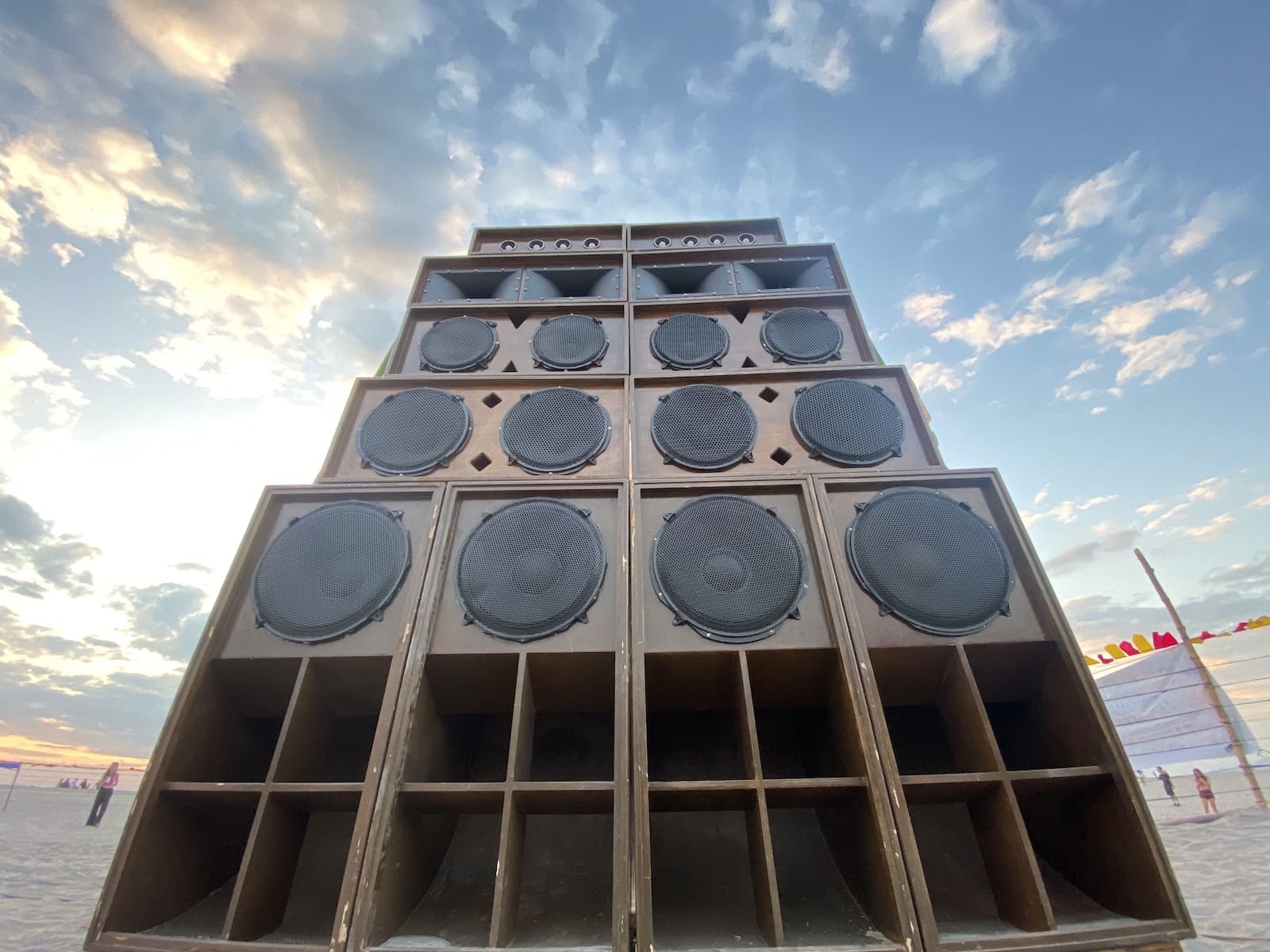
“Reggae and dub has always been in my heart since hearing it on a big sound system during the Consortium days,” Red-i recalls. He explains that without the internet, the only way to discover dub then was through its subgenres. “Hip-hop was also a part of me growing up. But as I got older, I became more conscious of [music] that no longer reflects who I am. The message in reggae music resonates more with who I am now.”
In the 2010s, at the height of music spaces like Black Market and B-Side, Red-i pushed for more dub music representation, hosting artists like Kode9, the British music artist and Hyperdub label founder, who helped shape the early dubstep sound in the UK; Addison Groove, the Bristol-based producer, who fused juke, acid, techno, and bass music, and; Sister Nancy, the iconic Jamaican singer who is known as the first female dancehall DJ. “The more I dig deeper into music, the more I find that everything is connected to dub. That’s why I make this kind of music.” By 2012, Red-i released his debut solo single, Jahdgement Day, which, unlike his current analog sound, he describes as “future electronic dub.”
The future of Filipino dub
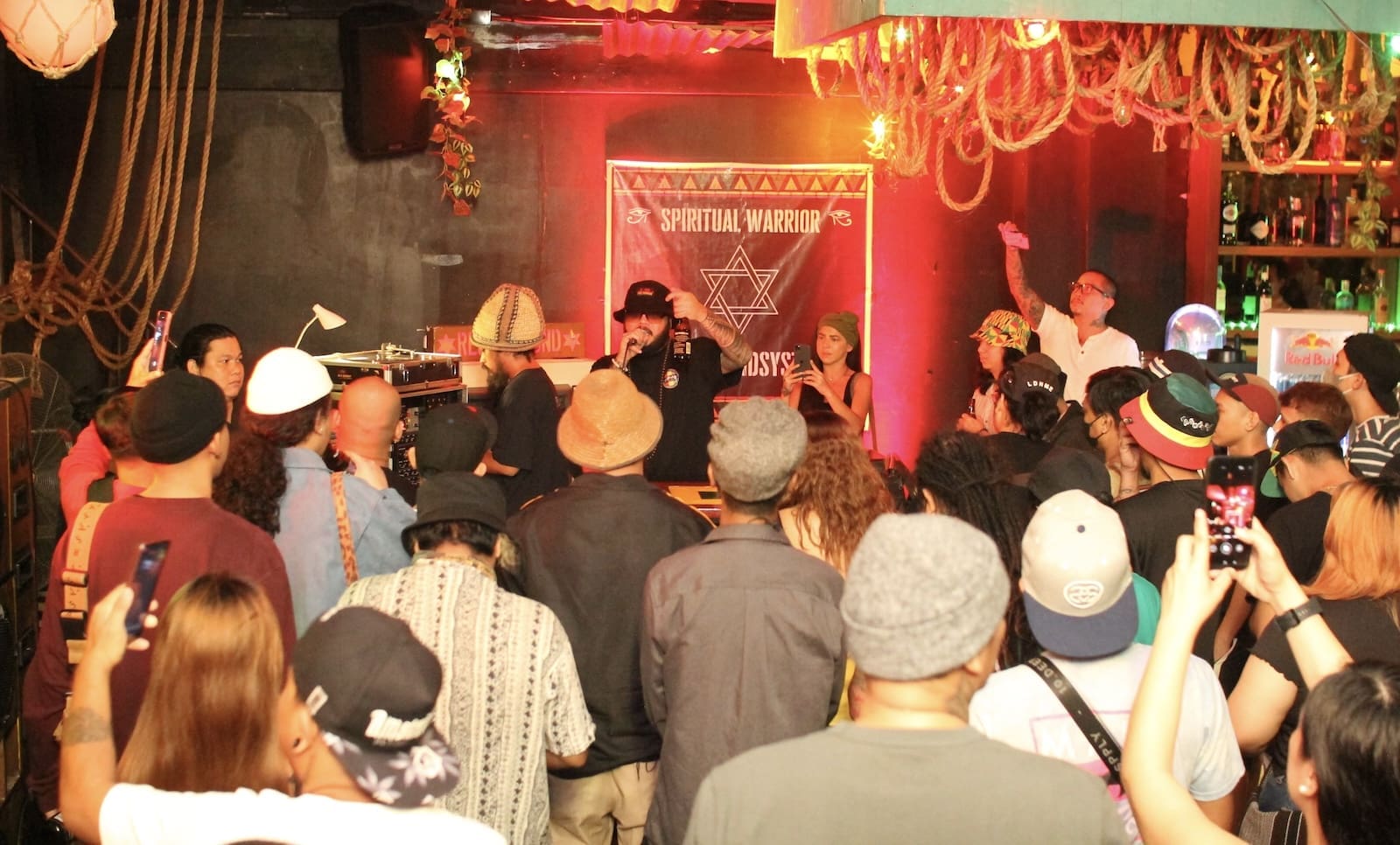
2019 was a key year for Red-i, having first experienced the resident sound system of Notting Hill Carnival in London, operated by dub producer Aba Shanti-I. “Hearing dub and reggae music on a proper sound system is a spiritual thing: The message, the bass pressure, and the vibes — it’s a meditation,” he explains. These culminated experiences prompted Red-i to launch Dubplate Pressure Records in 2022, which specializes in music built for sound systems and primarily distributes vinyl records in Europe. Praise Jah / Ready Now, the imprint’s latest release, sees Jamaican artist Ranking Joe recording freestyle, voicing “Praise Jah” in one swoop take.
“I thought he was falling asleep on the couch, humming melodies. But after 15 minutes, he got on the mic and recorded, looking at a picture of [former emperor of Ethiopia Haile] Selassie I on an album cover hanging on my studio wall,” Red-i recalls.
Dub music has seen increasingly more representation in the Filipino music scene, and Red-i believes this open-mindedness will help the genre flourish further. “We already have a sound system culture in the provinces, they are just playing a different genre,” Red-i says, referring to cities like Iloilo, which host sound system battles or “expos” that play soft rock and pop music while competing for the biggest and loudest sound system.
“It’s clear that Filipino people truly have a great love for music and culture… That’s why we say ‘I and I’ because ‘you and I’ means separation,” Red-i notes. This uniting factor in reggae and dub music is ultimately what attracts him to the genre. “It’s not just about the music, but everything else around it. When you take music to a serious level, it can guide you.”
